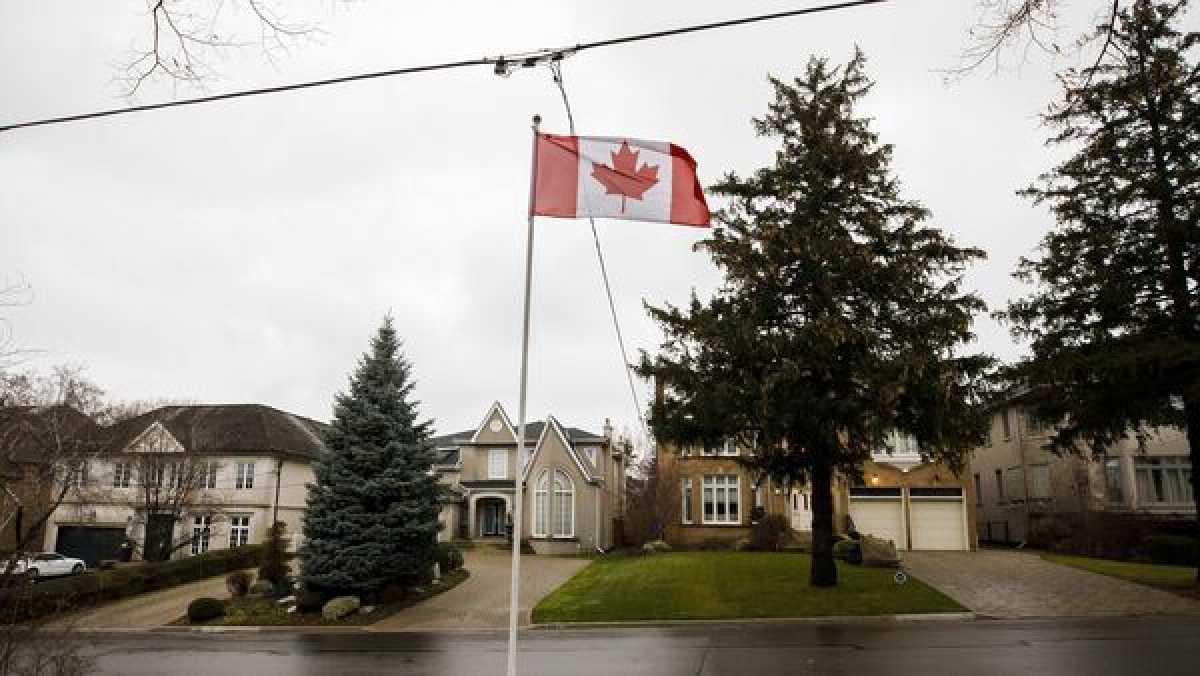Education
Canada Implements National Cap on International Student Intake

Canada is set to impose a national cap on the intake of international students, as announced by the Immigration Minister during the Liberal cabinet retreat. The new measures will result in a reduction of 35 per cent in student intake over the next two years. The cap aims to maintain a sustainable level of temporary residence and curb further growth in the number of international students entering Canada in 2024.
The national application intake cap for 2024 is expected to result in approximately 364,000 approved study permits, representing a decrease of 35 per cent from the previous year. However, the cap will not apply to graduate-level students, including master’s and doctoral students. Similarly, those seeking study permits for elementary and secondary school levels will also be exempt.
The national cap, although applied differently in each province, is meant to address the unsustainable growth in international student intake observed in certain areas. The allocation of cap space by province is proportionate to their population size. As such, provinces that have experienced significant growth will have to cut down student intake more than others.
Productive discussions have already taken place between the federal government and the governments of Ontario and British Columbia. Immigration, Refugees and Citizenship Canada (IRCC) will allocate a portion of the cap to each province and territory, who will then distribute the allocation of permitted international students among designated learning institutions.
Starting immediately, prospective students applying for a Canadian study permit will be required to provide an attestation letter from the relevant province or territory. Each province and territory will establish a process for issuing these letters, taking into account their specific labour needs.
In addition to the cap, changes have been announced for the Post-Graduation Work Permit Program. As of September 1, postgraduate work permits will no longer be available to public-private institution models. Furthermore, open work permits will only be allowed for spouses of international students enrolled in master’s and doctoral programs, as well as professional programs such as medicine and law. Spouses of international students in other levels of study will no longer be eligible for open work permits.
The cap on international student intake follows previous measures announced by the federal government, including increased financial requirements for study permit applicants. However, these new regulations are expected to ensure a sustainable level of international students in Canada while addressing specific labour needs and maintaining fairness among provinces.












